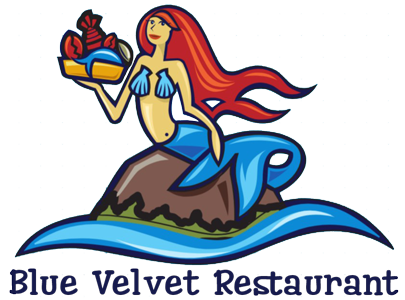A colonoscopy is a screening procedure that is typically carried out while the patient is under a nurse’s or anesthesiologist’s heavy sedation. It is used to identify potential colon health issues such as polyps and colorectal cancer.
It’s vital what you eat and drink following the surgery. Rehydrating yourself is important since the procedures you underwent to prepare for the colonoscopy caused dehydration.
In the hours following the process, your doctor might advise that you consume little or nothing at all. You’ll be instructed to consume plenty of fluids the rest of that day and the day next, as well as soft, easily absorbable foods that won’t aggravate your colon.
These dietary precautions are normally only necessary for one day, although every person is unique. Eat soft and liquid-based foods for an additional day or two if your body can’t handle returning to your regular diet right away. Now let’s see what to eat after colonoscopy!
What is a Colonoscopy?
Your healthcare professional will do a colonoscopy to look into your large intestine, which itself is made up of your colon and rectum.
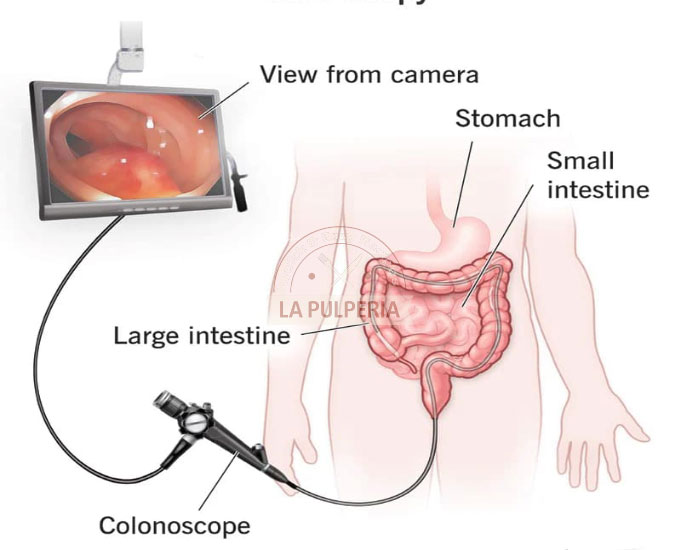
A colonoscope, a long, thin device, is inserted into your colon during the process. Although you probably wouldn’t feel it because of the anesthetic that you probably had before the test, the colonoscope is a flexible tube that has a camera and can also remove tissue from inside the gut.
The goal of the test is to identify any conditions that could be the source of gastrointestinal difficulties, such as abdominal pain, bleeding, or protracted diarrhea. The test is capable of identifying a wide range of diseases, including ulcerative colitis, Crohn’s disease, colorectal polyps, and cancer. Once you are 50, the treatment can also be made available as a regular check for colorectal cancer.
While you are often awake for a colonoscopy, you are sedated to make you calm. You may feel the camera inserted, and when air is forced into the bowel to allow your expert to see your colon walls more precisely, you may feel a bit bloated, but you shouldn’t suffer any pain.
Your healthcare professional will offer you information on how to cleanse your colon prior to your colonoscopy. This is crucial because even minor levels of residue could make it difficult to detect any abnormalities when your doctor wants to look clearly through your colon’s walls. Consuming only particular meals will help empty your colon in part. Follow your doctor’s advice regarding what to eat before a colonoscopy.
What to Eat After Colonoscopy?
Eating after colonoscopy is a common concern for many people. Rehydrating is the first thing to perform after colonoprocal surgery. By consuming liquid-based foods like soup and applesauce along with water or other beverages, individuals can do this.
Under conscious anesthesia, a screening procedure called a colonic canal is carried out. This test can identify polyps or even colorectal cancer. Your primary care doctor, like PCP For Life, will be able to give you advice on the ideal procedures you need. The best choice for dehydration following a colonoscopy is a soft drink or a meal high in minerals. Following your treatment, your doctor could advise you to keep a soft, low-residue diet. Food after colonoscopy such as dairy products and other low-fiber foods are easy to digest and result in smaller stools. Let’s see our list of foods to eat after colonoscopy!
Drinks with Electrolytes
After your colonoscopy, drinking plenty of liquids is the most crucial thing you can do. You can refill your fluids by drinking items like fruit drinks, vegetable smoothies, coconut water, green tea, and other beverages in addition to water.
However, it’s likely that you will be quite dehydrated and need to replenish the electrolytes you lost. Electrolyte-containing beverages include Pedialyte, glucose drinks, and oral rehydration solutions. These fluids will also make any bowel movements easier after the colonoscopy.
Dark, leafy greens
Consuming leafy, dark greens like broccoli, spinach, and kale is a fantastic way to cleanse your colon. These enchiladas with black beans and spinach will add some green to your evening. This vibrant Southwestern kale power salad is a delicious lunch option. This easy Swiss chard spaghetti recipe makes it easy to incorporate chard into your weeknight meals.
Crackers
Your first meal following a colonoscopy should be simple, moderate, and simple to digest, as was previously discussed. Graham crackers and saltines are wonderful examples of this. You could simply mix this with a simple broth devoid of any seasonings.
Saltines are among the few “hard” meals that you can eat safely following your treatment because they are simple to swallow and digest. It will also be enjoyable to chew on them!
Soup
Any method is always safe to follow with liquids. Make absolutely sure your soup is clean and devoid of substances like spices and potent herbs, though. Soup is full of salts and electrolytes, which will help your body recover from your colonoscopy.
What to eat after colonoscopy? Juices and soups can help prevent severe fluid loss and keep your body from becoming dehydrated if you experience diarrhea after a colonoscopy.
Popsicles
Popsicles include a lot of sugar and water. Additionally, they are simple to swallow and keep down. After your colonoscopy, you’ll need the liquid and sugar to maintain your energy levels.
Milk
What to eat after colonoscopy? Beyond your morning cereal, milk can be used for other things. By consuming this cheddar cheese soup, you can satisfy both of your everyday needs for vegetables and dairy. You might also try creating your own strawberry milk for a delightful treat.
Apple Sauce or Butter
What to eat after colonoscopy? Sugar and fiber are both present in apple butter or sauce. You’ll have the stamina and energy to stand up after the surgery thanks to sugar and carbohydrates. Additionally, the fiber in apple sauce will help the digestive system process the other foods you eat more easily. Pectin, which is also found in fruit butter and sauces, helps to stop diarrhea in the days following a colonoscopy.
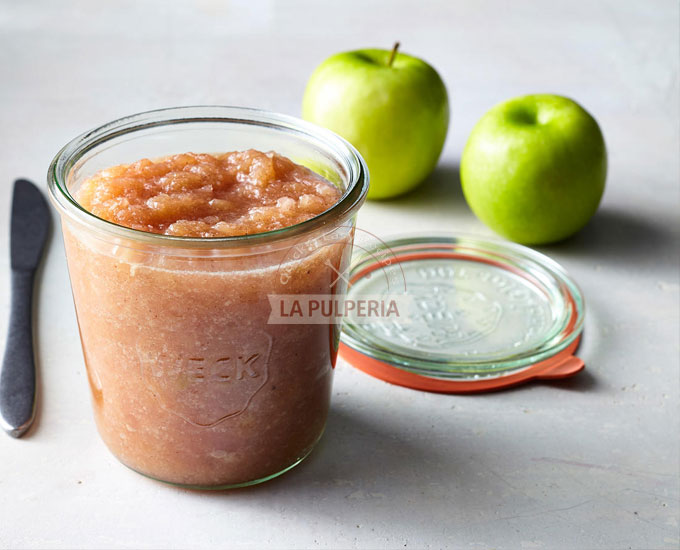
Eggs
What to eat after colonoscopy? Eggs that have been scrambled or soft-boiled are also a rich source of protein and energy. You can consume up to two eggs each day to meet your daily protein needs. Eggs, when included in a regular diet together with fruits and vegetables, can help stop severe weight loss after colonoscopies.
Raspberries
What to eat after colonoscopy? Raspberries make a perfect accent to any dessert. However, take into account including them in a salad, such as this raspberry mozzarella salad. Alternatively, you can puree them and pour sauce over lamb chops.
Vegetables
What to eat after colonoscopy? Vegetables that have been steamed or blanched are also crucial to your post-colonoscopy diet. It is advisable to eat soft foods like pumpkins and cauliflower as well as vegetables like carrots, potatoes, and parsnips. You don’t need butter or heavy cream to eat items like mashed potatoes or cauliflower.
Soft veggies that have been roasted or baked should also be eaten. These vegetables’ fiber content is crucial for the digestive system.
Puddings and Jell-O
What to eat after colonoscopy? After colon surgery, a soft food diet is essential since harder foods are more difficult to consume and can lead to difficulties. Desserts like pudding and jelly are soft, simple to eat, and easily absorbed. The sugar in these treats will also help you regain your energy.
WhiteFish
What to eat after colonoscopy? Whitefish that has been poached or baked is incredibly tender and easy to eat. You might eat them after your colonoscopy because they cook quickly and need little effort. However, it’s best to stay away from fatty and bony fish both before and after the colonoscopy operation.
Oatmeal
Try one of the numerous inventive oatmeal recipes available if you find commercial instant oatmeal to be dull. Your morning sweet taste will be satisfied by this recipe for Elvis oatmeal. Try porridge with fried eggs and salty cheddar as an alternative. Start with whole-grain oatmeal, like old-fashioned or steel-cut oats, when making it. They require more time to cook but offer more fiber.
Toast
After your colonoscopy, toast is a wonderful source of carbohydrates and energy. At the same time, it is quite moderate and simple to stomach.
The fiber your body requires after the treatment is also present, which is the best part. You could get away with eating 2-3 slices of toast, even with some smooth nut butter on top.
What Not to Eat After a Colonoscopy
There are several foods you shouldn’t consume following a colonoscopy. These include foods heavy in fiber, dairy foods, and anything that can make you feel bloated or gassy. Additionally, you should abstain from coffee and alcohol for 24 hours after the surgery.
You will need to consume meals that have been carefully cleaned to get rid of the pollutants in your colon after a colonoscopy. It is essential to eat a variety of fluid-based foods and drink a variety of fluids to prevent dehydration. Avoid eating anything that you had trouble digesting the day before if you wish to recover. Your doctor could suggest switching to a different diet if your polyp has already been removed.
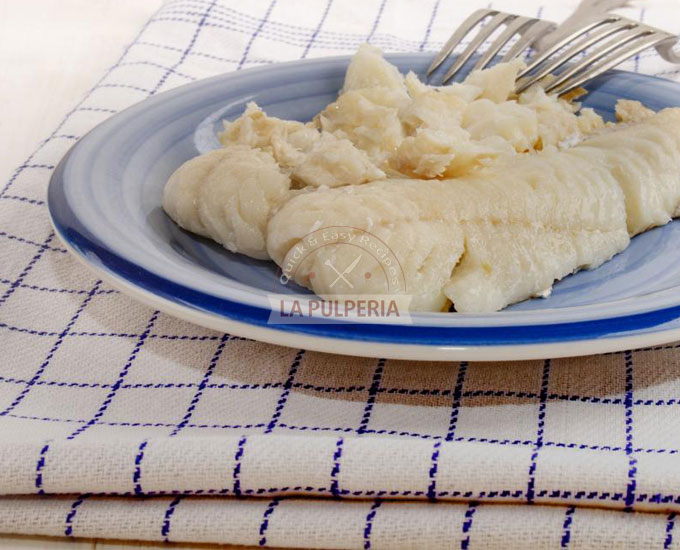
A vital component of the digestive system is the colon, commonly referred to as the bowels. Beginning at age 50 and continuing until age 75, routine colonoscopies are necessary. Keeping your colon healthy also requires eating right and exercising often. Colon cancer is a disease that can affect anyone who smokes or uses cigarettes, consumes too many sweets, or is obese.
Following a colonoscopy, there are some foods you should concentrate on eating and other foods you should avoid. The following are things to avoid:
Alcoholic Drinks
What to eat after colonoscopy? It is strongly advised against drinking alcohol after having a colonoscopy. Avoid drinking alcohol after your colonoscopy. Why can’t you drink after my colonoscopy? This may aggravate your stomach and intestines’ linings and conflict with any post-procedure medicine that you are given.
Fatty Foods
Another crucial point to remember is to avoid eating rich food. Foods that are hard to digest, such as deep-fried foods and buttery desserts, can make people queasy and upset their stomachs, which can lead to dehydration and the loss of essential fluids and electrolytes.
Spicy Foods
Spicy food, like butter and oil, might exacerbate gastrointestinal problems following a colonoscopy. They will aggravate the stomach lining and result in symptoms like diarrhea, gas, and heartburn. If you eat a lot of spicy food after such treatments, you will have a lot of nausea and bloating.
Grains, seeds, and nuts
It’s also challenging to digest foods like nuts, popcorn, and chunky nut butter. Additionally, you should avoid whole bread and baked items.
This can complicate your recovery from your colonoscopy by causing uncomfortable symptoms like indigestion, stomach aches, nausea, vomiting, and a number of other unpleasant side effects.
Carbonated Drinks
After your colonoscopy, drinking carbonated beverages like Coke or Sprite can be quite painful and uncomfortable. Gas is pumped into the colon during a colonoscopy to let the doctors view the inside more easily. As a result, you can experience gas following the surgery, which is made worse by carbonated beverages.
FAQs about What Can You Eat after A Colonoscopy
How soon after a colonoscopy can you eat?
What to eat after colonoscopy and how long can eat? You can start eating regular food again the following day. Keep on eating servings if you find it difficult to pass gas and still feel bloated. Don’t drink alcohol for the first 24hrs after your surgery.
Can I eat pizza after a colonoscopy?
Pizza is acceptable to eat after a colonoscopy but stay away from dishes with a lot of oil and additives that are difficult to digest. If you do not consume pizza dough as quickly as possible, your digestive system might be overworked.
In addition to having a lot of fat, pizza might make you feel sick after a colonoscopy. When is the ideal time to eat pizza following a colonoscopy? Even though your doctor might advise against specific foods, you can eat without worry following a colonoscopy. To save energy, it is preferable to reduce or completely avoid high-fiber items from your diet 3 to 5 days prior to the surgery. After having pizza for lunch after getting a colonoscopy, nausea may strike.
Can you drink alcohol after a colonoscopy?
What to eat after colonoscopy? Drink a lot of fluids unless your doctor advises against it. This aids in replenishing the fluids lost after colon prep. After your procedure, refrain from alcohol after colonoscopy alcohol for at least 8 hours.
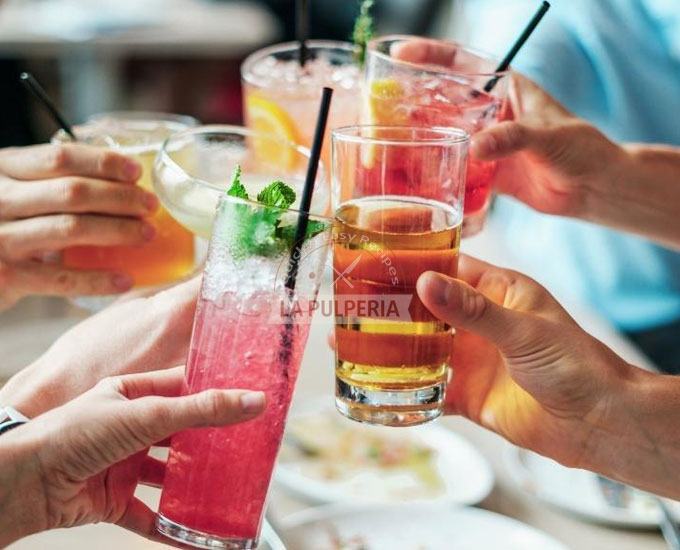
What to expect after a colonoscopy?
As your colon clears the air following the inspection, you can feel bloated or pass gas for a couple of hours. Any soreness might be relieved by walking. With your first bowel movement after the inspection, you can also experience a tiny bit of blood. Usually, there is no reason to be alarmed about this..
How long does diarrhea last after colonoscopy?
Following the operation, you can have loose stools or no stools for up to three days.
How long does it take to recover from a colonoscopy?
The patient will be required to arrange for a ride back home because a colonoscopy is done while the patient is sedated. Patients should give themselves at least twenty-four hours to relax and recover once they are back at home.
How long do colonoscopies take?
What to eat after colonoscopy? Your colonoscopy procedure should last 30 to 45 minutes. But from the time you arrive at the hospital until you leave, you might spend about two hours there. How a colonoscopy works and how you will feel at each stage. You will typically be informed whether any growths (polyps) have been removed when your colonoscopy is complete.
After having a colonoscopy, can you drive?
The purpose of the sedation is to make the patient more comfortable, however, it will cause sleepiness for many hours and sluggish reflexes for up to twelve hours. Because of this, you can’t drive a car or engage in other activities that call for rapid reflexes till the next day.
After a colonoscopy, may I drink water?
What to eat after colonoscopy? After a colonoscopy, drinking water can help you rehydrate. Water should be consumed since it will maintain your bowels relaxed and free to pass whatever food you eat. Don’t undervalue drinking water and incorporate it into your everyday routine.
After a colonoscopy, how much water should you drink?
You need extra water to rehydrate. After the treatment, you should continue to drink a lot of water (between 1 and 2 liters) until you feel your body is able to receive any fluids.
Final Words about What Can I Eat After a Colonoscopy
All of these foods are rich in fiber, calcium, and vitamin D, which are wonderful for maintaining a healthy digestive tract and avoiding constipation. However, adopting a lot of these items at once can cause gastrointestinal irritation in the form of diarrhea, bloating, or constipation if you are not used to a diet high in fiber or calcium. If you’re considering what to eat after colonoscopy, introduce more of these foods to your diet gradually over time rather than all at once.
Above are the best and detail answer what to eat after colonoscopy from https://bluevelvetrestaurant.com. Hope you have more information after reading our sharing.
